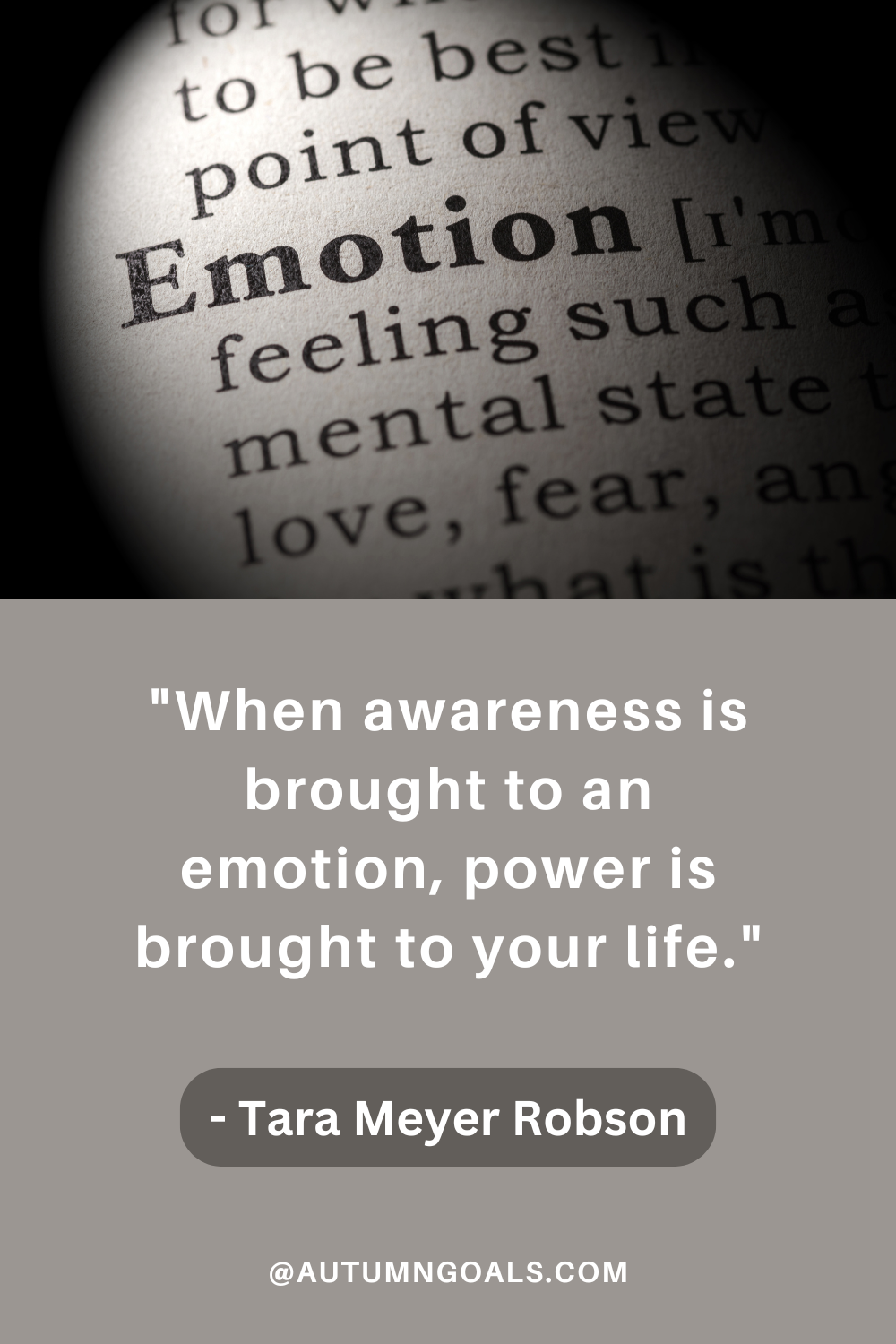
Emotional Intelligence Photo by Tengyart on Unsplash
Understanding Emotional Intelligence
The importance of emotional intelligence (EI) cannot be overstated in our fast-paced and interconnected world. Emotional intelligence, often referred to as EQ (Emotional Quotient), is the ability to recognize, understand, manage, and utilize our own emotions as well as the emotions of others. Unlike IQ, which measures cognitive abilities, EQ focuses on the non-cognitive skills that significantly impact our personal and professional lives.
Daniel Goleman, a renowned psychologist and author of the book “Emotional Intelligence,” asserts, “In a very real sense we have two minds, one that thinks and one that feels.” This duality highlights the need for a balance between our rational and emotional minds. Mastering emotional intelligence is not just a concept but a necessity for anyone aspiring to lead a successful and fulfilling life. Whether in personal relationships or professional settings, EQ plays a crucial role in shaping our interactions and outcomes.

Self-Awareness: The Foundation of Emotional Intelligence
Recognizing Emotions
Self-awareness is the cornerstone of emotional intelligence. It involves being in tune with your own emotions and understanding how they affect your thoughts and behaviour. Self-aware people are able to identify their emotional triggers and understand the reasons behind their feelings.
An example of this could be – imagine you’re preparing for a major presentation at work. You notice that you’re feeling extremely anxious. By recognizing this anxiety, you can take steps to manage it, such as practicing deep breathing, visualization, or seeking support from a colleague.
Recognizing your emotions can help you manage stress more effectively, leading to better performance and well-being. As Aristotle once said, “Knowing yourself is the beginning of all wisdom.”

Accurate Self-Assessment
Accurate self-assessment is about understanding your strengths and weaknesses. It requires an honest evaluation of your abilities and how they align with your goals.
For example, you might excel in creative tasks but struggle with time management. By acknowledging this, you can seek resources or training to improve your time management skills, thus enhancing your overall effectiveness.
Accurate self-assessment promotes personal growth and development. It enables you to leverage your strengths and work on your weaknesses, paving the way for continuous improvement.
Self-Confidence
Self-confidence stems from a clear understanding of your abilities and value. It’s the belief in your capacity to achieve your goals.
If you’re confident in your communication skills, for example, you’re more likely to volunteer for speaking engagements or leadership roles, further building your reputation and career.
Self-confidence encourages you to take risks and seize opportunities, leading to greater achievements and satisfaction.
Self-Regulation: Managing Emotions Effectively
Self-Control
Self-control is the ability to manage your impulses and emotions, especially in challenging situations. It’s about staying composed and thinking before acting.
For example, during a heated argument with a colleague, instead of reacting impulsively, you can take a moment to calm down and respond thoughtfully.
Self-control helps maintain healthy relationships and prevents unnecessary conflicts. It enables you to navigate difficult situations with grace and poise.
Trustworthiness and Integrity
Trustworthiness involves being honest and reliable, while integrity is about adhering to moral and ethical principles. These qualities foster trust and respect in relationships.
If you make a mistake at work, for example, owning up to it rather than covering it up demonstrates integrity. This builds trust with your colleagues and superiors.
Trustworthiness and integrity enhance your reputation and credibility, which are crucial for building strong, lasting relationships.
Adaptability
Adaptability is the ability to adjust to changing circumstances and environments. It’s about being flexible and open to new ideas and approaches.
In a rapidly changing work environment, being open to learning new skills and adapting to new technologies can set you apart from others.
Adaptability ensures you remain relevant and resilient in the face of change, increasing your chances of success in various endeavours.
Innovation
Innovation involves being open to new experiences and ideas. It’s about thinking creatively and embracing change.
For example, proposing a new strategy to improve team productivity shows your willingness to innovate and drive positive change.
Innovation leads to continuous improvement and can provide a competitive edge in both personal and professional contexts.

Motivation: Driving Yourself Forward
Achievement Drive
Achievement drive is the inner desire to meet and surpass goals. It’s about being passionate and committed to your pursuits.
An example of achievement drive would be setting personal and professional goals and working diligently to achieve them, such as completing a challenging project ahead of schedule.
A strong achievement drive leads to higher productivity and a sense of accomplishment, fuelling further motivation and success.
Commitment
Commitment is the dedication to your goals and responsibilities. It’s about being dependable and persistent.
Staying late to finish an important task or consistently meeting deadlines, for example, demonstrates your commitment to your work.
Commitment earns you respect and reliability, essential qualities for career advancement and personal fulfilment.
Initiative
Initiative is the ability to act proactively and seize opportunities. It’s about being a self-starter and not waiting for others to guide you.
For example, identifying a problem in your team’s workflow and proposing a solution before it escalates shows initiative.
Taking initiative can lead to recognition and leadership opportunities, as it demonstrates your proactive and problem-solving capabilities.
Optimism
Optimism is maintaining a positive outlook even in the face of challenges. It’s about seeing opportunities where others see obstacles.
For example, after a project setback, instead of feeling defeated, you focus on the lessons learned and ways to improve future performance.
Optimism fosters resilience and perseverance, key traits for overcoming adversity and achieving long-term success.
Empathy: Understanding Others
Developing Others
Empathy involves recognizing and responding to the emotional needs of others. It’s about supporting and helping others grow.
As a manager, for example, understanding a team member’s struggles and providing the necessary support and encouragement to help them succeed.
Empathy builds strong, supportive relationships and enhances team cohesion and performance.
Service Orientation
Service orientation is about anticipating, recognizing, and meeting the needs of others. It’s a customer-focused approach.
Going the extra mile to help a client, for example, even if it means additional effort, demonstrates a strong service orientation.
A strong service orientation leads to customer satisfaction and loyalty, which are vital for business success.
Organizational Awareness
Organizational awareness is understanding the dynamics, power relationships, and culture within an organization. It’s about navigating and leveraging these elements effectively.
Being aware of the key influencers in your organization, for example, and aligning your initiatives to gain their support.
Organizational awareness helps you navigate complex environments, build alliances, and achieve your goals more effectively.
Leveraging Diversity
Leveraging diversity involves recognizing and appreciating the benefits of different perspectives and backgrounds. It’s about fostering an inclusive environment.
Encouraging diverse viewpoints in team discussions to enhance creativity and problem-solving.
Leveraging diversity leads to richer ideas and innovation, driving better results and a more inclusive workplace.
Social Skills: Building Strong Relationships
Influence
Influence is the ability to persuade and motivate others to achieve common goals. It’s about being an effective communicator and leader.
Convincing your team to adopt a new process by clearly explaining the benefits and addressing concerns.
Strong influence skills enhance your leadership capabilities and the ability to drive positive change.
Communication
Effective communication is about clearly and accurately conveying information and emotions. It’s about listening actively and responding appropriately.
An example of effective communication could be actively listening to a colleague’s feedback and addressing their concerns constructively.
Good communication skills foster mutual understanding and reduce misunderstandings, strengthening relationships.
Conflict Management
Conflict management involves resolving disagreements in a constructive manner. It’s about finding common ground and negotiating effectively.
Mediating a dispute between team members by facilitating open dialogue and finding a mutually acceptable solution – would be an example of good conflict management.
Effective conflict management leads to healthier relationships and a more collaborative environment.
Leadership
Leadership is about inspiring and guiding others towards a common goal. It’s about setting a positive example and motivating others to follow.
A leadership example could be leading a project team with enthusiasm and clear direction, ensuring everyone feels valued and motivated.
Strong leadership skills enhance team performance and drive successful outcomes.
Teamwork and Collaboration
Teamwork and collaboration involve working effectively with others towards a shared goal. It’s about valuing each member’s contribution and fostering a cooperative spirit.
An example of Teamwork and collaboration could be coordinating with your team to ensure everyone’s strengths are utilized, leading to a successful project completion.
Effective teamwork leads to better problem-solving, innovation, and a positive work environment.

The Path to Self-Improvement
Mastering emotional intelligence is a continuous journey of self-improvement. It requires dedication, practice, and a willingness to understand and grow from our experiences. By developing self-awareness, self-regulation, motivation, empathy, and social skills, we can significantly enhance our relationships and success in life.
In personal relationships, it enhances understanding, communication, and conflict resolution, leading to deeper and more meaningful connections. In the workplace, it improves leadership, teamwork, and overall performance, driving career success and job satisfaction.

Incorporating emotional intelligence into our daily lives is not just about achieving personal and professional success but also about leading a more fulfilling and harmonious life. As we become more emotionally intelligent, we create a positive impact on those around us, fostering environments of mutual respect, understanding, and growth.
RELATED POSTS
View all



